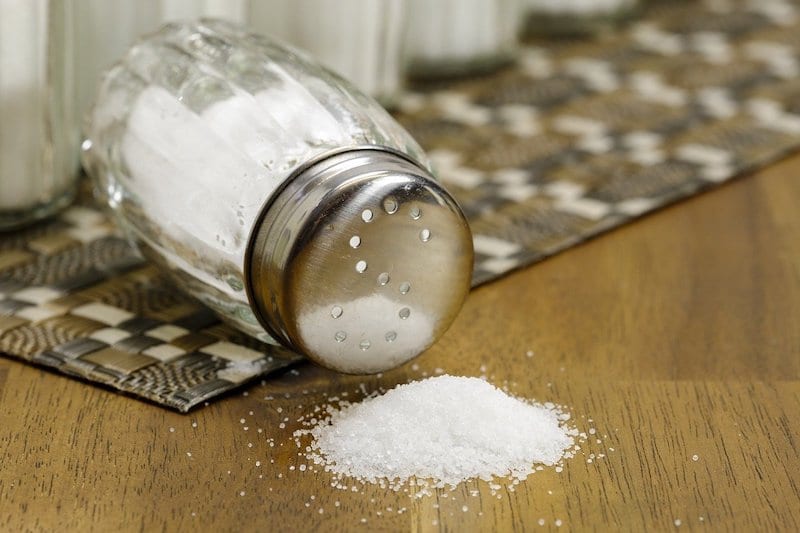When someone tells you to take something with a “grain of salt,” you should be skeptical about what you’ve heard, because your source may be unreliable.
A grain of salt is tiny. It is also a reflection of not putting too much belief in something that has already proven itself worthy of reservation.
But where does the association between salt and skepticism come from? We’ll tell you what we know, but you take this information with a grain of… well, you know.
The phrase itself goes all the way back to 77 A.D. It’s earliest recorded use comes from Roman naturalist and philosopher Pliny the Elder, who created an antidote to poison in his Naturalis Historia—it called for figs, walnuts, rue (an herb), and a “grain of salt.”
It didn’t appear to have a symbolic meaning until a few hundred years later.
In the 17th-century, Anglican Bible commentator John Trapp included it his A Commentary on the Old and New Testaments as a metaphor concerning his own writing.
Just what its meaning was to Trapp, however, is still unclear.
Over the years, the phrase continued to make its way through the English language in literal and figurative speech, but wasn’t used in its current incarnation until just after the Second World War.
It was then that became widely used by Americans and the British, who slightly altered the phrase to a “pinch” of salt.
In 1948, English author F.R. Cowell first included it with this particular meaning in his book, Cicero & the Roman Republic. According to Cowell, Cicero and those around him “took more than the proverbial pinch of salt before swallowing everything written by these earlier authors.”
Do you use this idiom or know of others with equally fascinating origins?
Let us know in the comments below!
The post This is Where the Saying “Take It With a Grain of Salt” Comes From appeared first on UberFacts.


 (@PlasenciaMarian)
(@PlasenciaMarian)  in the early 60’s, he was flirting w a woman and told her in his limited English- “I love your navel.” “Oh I mean your nipples.” He meant her dimples.
in the early 60’s, he was flirting w a woman and told her in his limited English- “I love your navel.” “Oh I mean your nipples.” He meant her dimples. 




 (@daisukesclown)
(@daisukesclown) 
 (@folderolz)
(@folderolz) 
 (@QueerPalestine)
(@QueerPalestine) 




















